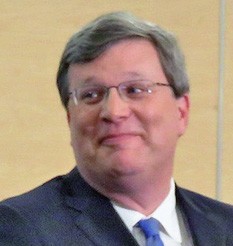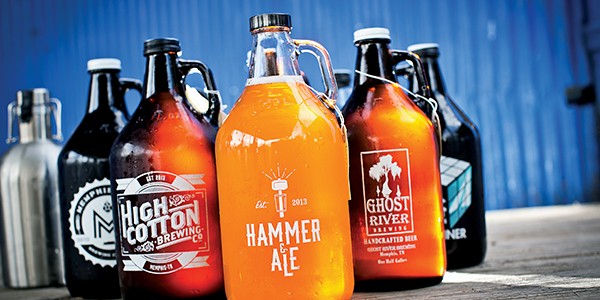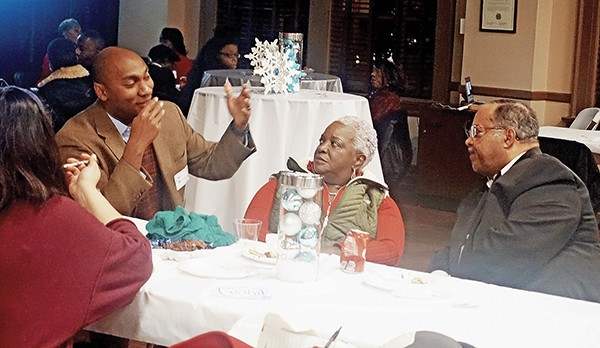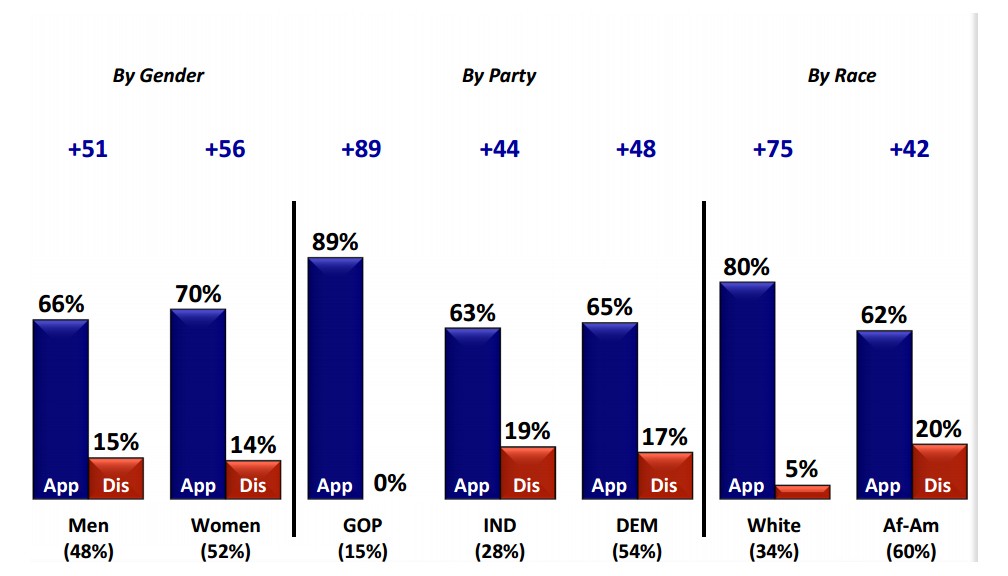 JB
JB
Mayor Strickland
The least surprising piece of news, surely, of this still young century was officially communicated to the Memphis public Tuesday morning with the announcement that Memphis Mayor Jim Strickland will … run again.
The word “officially” is no metaphor. Strickland’s intent to seek reelection was delivered via a full-page (and front-page) article in The Commercial Appeal complete with a flattering portrait-sized photograph and a respectful recitation of the mayor’s claimed accomplishments in office that might as well have been written by His Honor himself. The total effect was that of a souvenir guide to a ceremonial coronation.
This is not a “sour grapes” response. Regret at not being first with a significant announcement — even a long-anticipated one — is an acknowledgment of the inherent priorities of the news-gathering profession. Nor is it a dis of the lucky reporter who harvested this item; a capable pursuer of information, she is not to be faulted merely because this story was delivered to her via the proverbial silver platter. When asked at a lunch meeting with this runner-up scribe later on why he opted for this means of revelation — as against, say, an open-to-all-comers press availability — Strickland answered simply, “We judged this to be the best way of getting our story out.”
Which is something to keep in mind the next time we are expected to cluck away in compassionate sorrow at the supposedly dwindling fortunes of our city’s long-lived morning daily — still in possession, apparently, of a circulation list to be envied, and shepherded by the big-bucked Gannett operation against the prospect of corporate adversity.
And despair not. The rest of us will still have some scraps to share — like the poll results of a fresh sampling of voter opinion taken for the mayor by Public Opinion Strategies.
Among its findings:
*That, contrary to what might be assumed, this male white mayor has his lowest approval rating — at 68 percent — among white men and his highest among African-American women, at 74 percent. (Other approval numbers: 73 percent among white women; 72 percent, among black men).
*That Strickland’s “job rating” is adjudged at essentially the same level of approval by almost all sectors of the population. To wit: 71 percent by Republicans, 73 percent by independents, and 72 percent by Democrats; 67 percent by conservatives, 78 percent by moderates; and 66 percent by liberals; 71 percent by Memphians with no college experience and 73 percent by those who have such experience; 72 percent by those whose origins are in the North and 72 percent among native Southerners.
The poll also assigns an ever-rising percentage figure, from 2014 onward, to those who regard Strickland favorably: 33 percent in November 2014; 45 percent in August 2015; 48 percent on September 8, 2015; 56 percent on September 22, 2015 (these last two figures were arrived at just before Strickland’s first election as mayor); and 78 percent in December of 2018.
The Public Opinion Strategies poll was taken of 400 likely voters between December 11th and December 14th and claims a margin of error of plus-or-minus 4.9 percent. The polling group is the same one that provided what turned out to be on-target samplings for Strickland four years ago, and it was arranged, as in 2015, through the auspices of consultant Steven Reid.
In lunch conversation on Tuesday, both Strickland and Reid laid special stress on such talking points as the upward trend of police and fire hires and the administration’s plans to achieve universal pre-K instruction within two years without need of a tax increase.
For all his polling numbers, Strickland seems to have maintained an unassuming attitude toward his image in the community. Asked whether he thought he was readily identifiable by the public, he gave the matter a test, asking the waitress at Tug’s, where we ate, if she knew what he did for a living. “You’re the mayor of Memphis,” she answered, bearing the smile of one who had just answered successfully on a quiz show.
Strickland seemed pleased, but not overly so. He reiterated a statement he has made previously — to the effect that he rarely reads the resident media, except in the case of informed commentary regarding an issue laid before him for action. And he maintains that he never reads social media at all.
That means he would have missed a Facebook thread from last week, one featuring a chorus of criticism from a corps of the the mayor’s designated dissenters. In the case at hand, their complaint was not so much with Strickland per se, as with the reportage of what he said at his annual New Year’s Eve prayer breakfast — specifically the mayor’s verbal embrace of causes and occasions close to the hearts of many of his African-American constituents.
To the dissenters, this was all malarkey, and to report it without a litany of clarifying dispraise amounted to giving Strickland, in the words of one kibitzer, a “big wet sloppy kiss.” If the Public Opinion Strategies poll is as accurate an eye on reality as those done by the same firm for Strickland during his successful campaign of 2015, the would-be debunkers might owe the world a re-think.
They will, of course, have the available put-up-or-shut-up remedy of disproving the poll by providing a viable opposing candidate to Strickland, who vows that this year’s election contest will be his last one, ever.
We’re open to being convinced as to alternate outcomes. And, as noted in its opening paragraphs, this article does not purport to be an official or semi-official account from the horse’s mouth. To embroider upon the elegant metaphor of the aforementioned critic, it is but a case — with no salacity intended — of sloppy seconds.
 Justin Fox Burks
Justin Fox Burks  JB
JB  Jackson Baker
Jackson Baker 